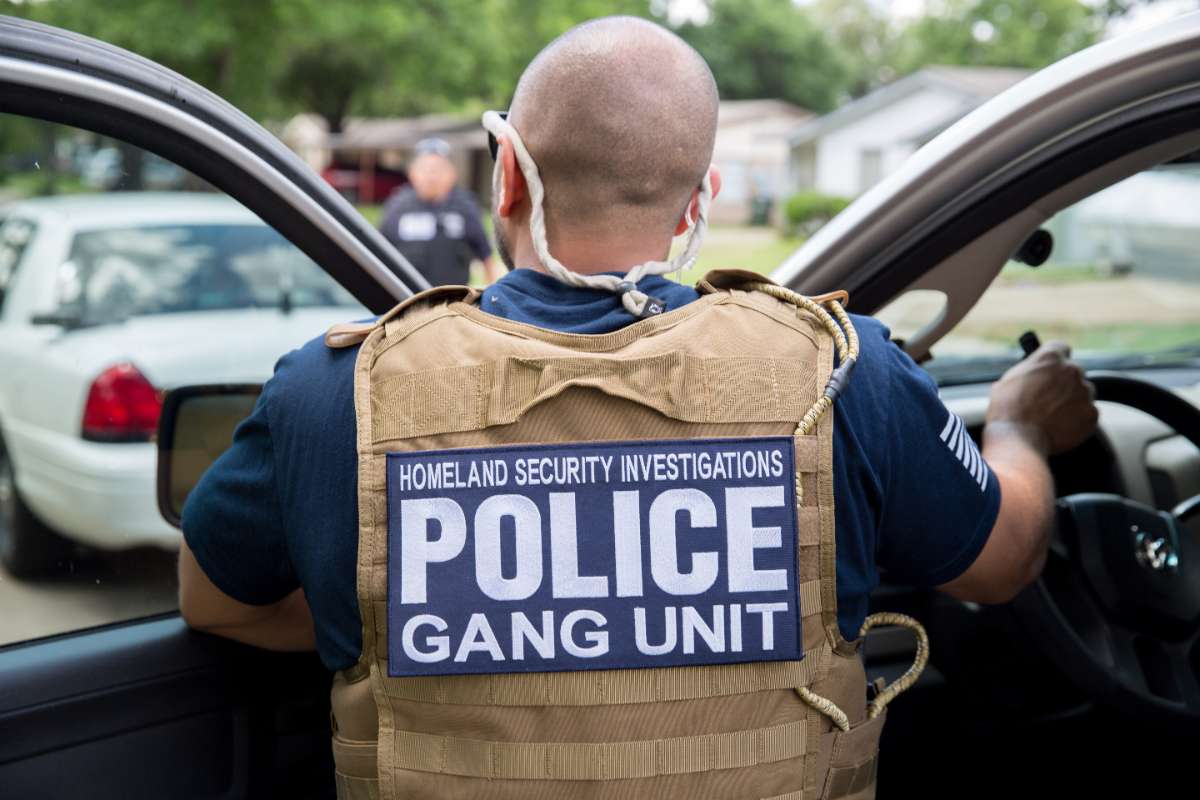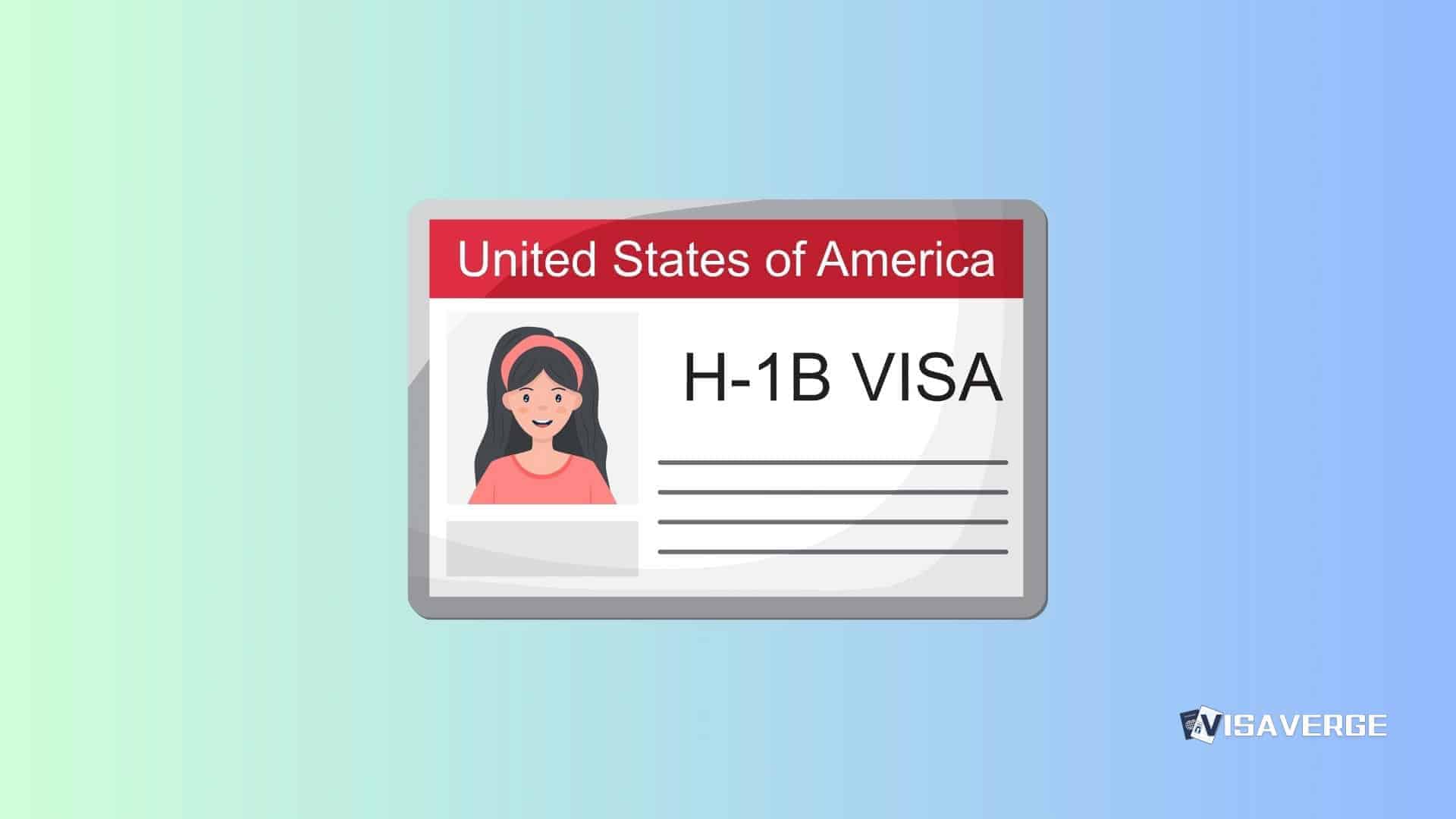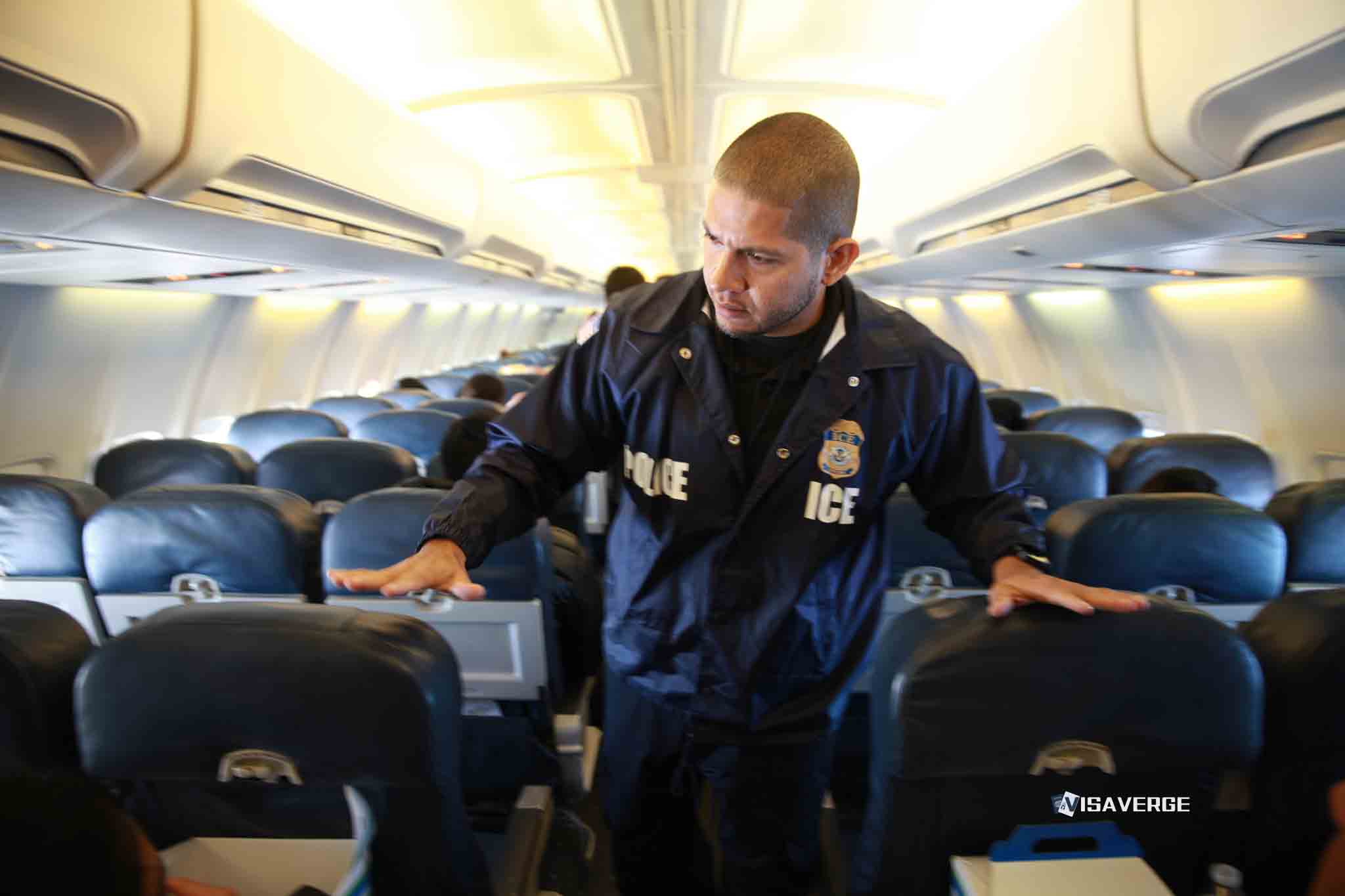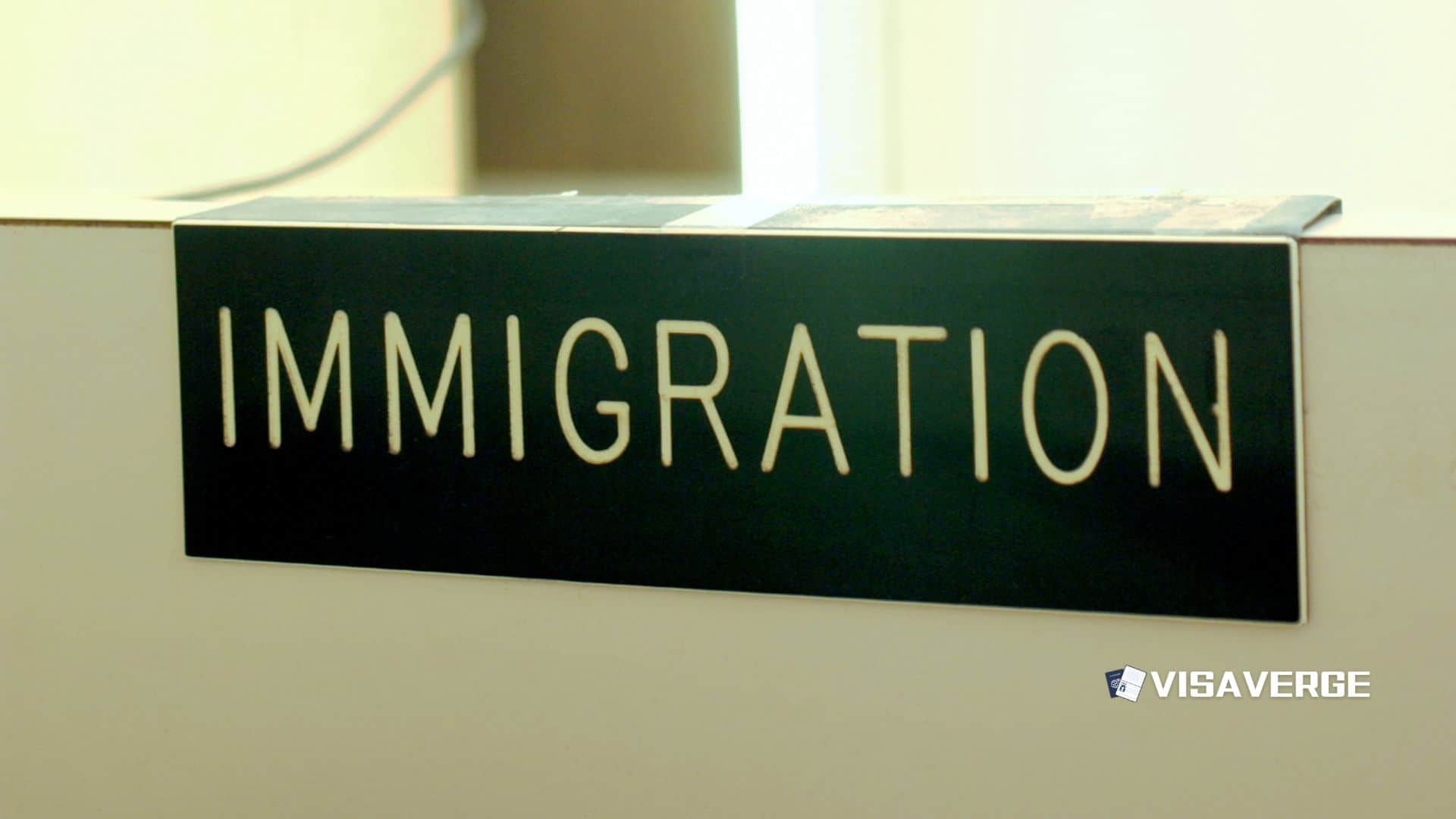(CHARLOTTE, NORTH CAROLINA) Confusion over federal immigration activity deepened in Charlotte on November 20, 2025, as local leaders declared that “Operation Charlotte’s Web” had ended, while a Homeland Security spokeswoman insisted the wider enforcement push in the region was “not ending anytime soon.” The mixed messages left many residents unsure whether Border Patrol agents were still present in the city and what federal immigration officers might do next in Mecklenburg County.
What local officials said

According to Mecklenburg County Sheriff Garry McFadden, the specific Border Patrol effort known as Operation Charlotte’s Web wrapped up after nearly a week of activity in and around Charlotte. Sheriff McFadden said the Border Patrol operation had officially concluded and that there would be no further Customs and Border Protection (CBP) operations in Charlotte at this time.
Mayor Vi Lyles also said the city had been told the operation was over and expressed clear relief that Border Patrol agents were no longer conducting active enforcement in local neighborhoods.
The federal response
The sense of closure did not last long. While local officials spoke about the end of the Border Patrol presence tied to Operation Charlotte’s Web, a spokeswoman for the Department of Homeland Security (DHS) quickly stressed that the broader immigration enforcement effort in Mecklenburg County is continuing.
She said that, even though this particular Border Patrol mission had finished, Immigration and Customs Enforcement (ICE) agents would keep operating in the area, and that the federal push was “not ending anytime soon.” That statement clashed sharply with the tone from City Hall and the Sheriff’s Office, sparking worry that there might still be unannounced actions ahead.
“Operation Charlotte’s Web had ended” — local officials
“Not ending anytime soon” — DHS spokeswoman
Why the messages caused confusion
The overlapping roles of Border Patrol and ICE lie at the heart of the confusion:
- Border Patrol (part of CBP) typically focuses on border and near‑border areas.
- ICE generally handles interior enforcement and detention.
In Charlotte, the sudden arrival of Border Patrol teams under the banner of Operation Charlotte’s Web stood out because the city is far from any land border. When Sheriff McFadden said those teams had left and that CBP operations in Charlotte had ended, many people assumed all federal immigration actions tied to the operation were over.
Homeland Security’s follow‑up message made clear that, at least from the federal side, the situation was far more complicated.
Practical impact on immigrant families
For immigrant families in Mecklenburg County, the distinction between agencies can feel academic. What matters most is whether federal officers may:
- Knock on doors
- Visit workplaces
- Wait near public spaces
- Stop people in public or at traffic
Even with Sheriff McFadden confirming that Border Patrol activity under Operation Charlotte’s Web has ended, the news that ICE would continue enforcement in the county means day‑to‑day fear is likely to remain.
Analysis by VisaVerge.com shows similar mixed messages in other cities often leave families unsure which information to trust. That has prompted some people to:
- Avoid driving
- Skip medical appointments
- Keep children home from school during intense enforcement periods
Clear facts to take away
To reduce uncertainty, here are the core, confirmed points:
| Item | Status (as of Nov 20, 2025) |
|---|---|
| Operation Charlotte’s Web (Border Patrol/CBP) in Charlotte | Ended |
| Ongoing CBP operations in Charlotte | No ongoing CBP operations in the city right now |
| ICE activity in Mecklenburg County | Continuing |
| DHS stance on overall enforcement | “Not ending anytime soon” |
Communication and coordination issues
The episode raised fresh questions about coordination between Washington and local governments. Although DHS oversees both CBP and ICE, cities and counties often first hear about enforcement operations through local law enforcement or community reports.
When federal spokespeople say one thing and local officials say another, residents are left guessing which message carries more weight. DHS’s public information, including general descriptions of CBP and ICE roles on its official website, explains which agencies do what, but it does not always resolve confusion about specific operations like Operation Charlotte’s Web.
Legal vs. lived experience
Lawyers and community advocates in Mecklenburg County say that careful language matters. For example:
- Sheriff McFadden’s statement that Border Patrol ended and there will be no further CBP operations “at this time” can be accurate while still leaving room for ICE to continue its work.
- DHS’s note that the overall immigration enforcement effort is not ending may refer largely to ICE activity rather than Border Patrol.
From a legal standpoint, those distinctions are important. From a family’s standpoint, they can feel like hair‑splitting that does little to calm real fear.
Public reaction and information flow
The name Operation Charlotte’s Web itself drew attention for its local reference and for the web‑like feeling many residents described as they tried to piece together what was happening.
- Some community members first heard about Border Patrol through social media.
- Others learned through local news and only later through official comments from Mayor Lyles and Sheriff McFadden.
- The Homeland Security spokeswoman’s later comment that the enforcement push was “not ending anytime soon” added another strand to that web, complicating efforts to know which sources provided the full picture.
What comes next
Even as officials work to clarify what is and is not happening in Charlotte, the core facts remain:
- Border Patrol’s Operation Charlotte’s Web in Charlotte has ended as of November 20, 2025.
- There are no ongoing CBP operations in the city right now.
- ICE agents are still active in Mecklenburg County.
- Homeland Security says the wider enforcement push is continuing.
For people who may be affected, this means that the uniforms and agency names they see on the street might change, but the threat of an encounter with federal immigration officers has not completely passed.
If DHS provides clearer explanations about why Border Patrol was deployed far from the border and how long ICE expects heightened activity in Mecklenburg County, that could help rebuild some trust after the confusion around Operation Charlotte’s Web. Until then, many residents are likely to treat the end of the Border Patrol operation as only partial relief, aware that, as DHS has said, the broader effort in their community is not ending anytime soon.
Local officials said Border Patrol’s Operation Charlotte’s Web ended in Charlotte, but DHS clarified that ICE enforcement in Mecklenburg County is continuing. The conflicting statements caused confusion and anxiety among residents, prompting concerns about unannounced actions in homes, workplaces and public spaces. Community leaders call for clearer federal-local coordination and transparent communication to reduce fear and help families understand what to expect from ongoing immigration enforcement.













